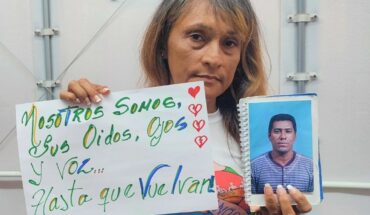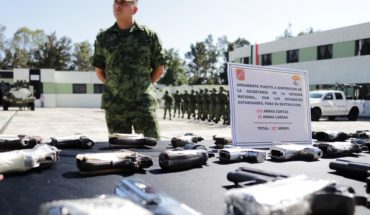On yesterday and with the antemete of September 12th in the lower house, the Senate of the Nation passed the law extending until December 31, 2022 the national food emergency. In this line it is pronounced the national deputy Alvaro González, who departed to point out that “what came to do the food emergency law were the powers that the Executive had and in fact had executed as modifying games and so on, product of the law of food emergency social emergency that we had voted for in 2016.” In dialogue with the Announced Chronicle (Futurock), the legislator argued that “there were claims from social organizations of some, others claims are non-food plans, that they needed to be certain that the food emergency law was going to be scheduled until 2022.”
Asked for his considerations of the hunger that thousands of people pass in Argentina, González stated his disagreement: “Hunger no. We agree that there are delicate, complex situations, brothers and sisters who are having a hard time and that we must give them certainties. Literally hunger what is hunger, at least it’s my vision, no.” The concept of hunger is very strong, widespread (…) but it doesn’t exist. What exists is a social emergency. We can discuss what dimension we give to hunger. It can be a person who doesn’t eat (…) I believe is that there is a complicated situation,” he said. Similarly, the MP said: “If you know of someone who is starving, let’s warn you because I assure you that the conditions to fight hunger are given. There is a problem with poverty in Argentina, with food, but there is no hunger,” he said.
Under the current administration, child poverty in Argentina increased to its highest level in the decade and affects 51.7% of children and adolescents in the country, starting with the latest report of the Children’s Social Debt Barometer by the Catholic University Argentina.De equally, the data provided by the document (which are referred to in cases in 2018) show that of the total 51.7%, 29.3% have a deficit in their meals, while 13% went hungry, while attendance in children’s canteens increased by 35%.





